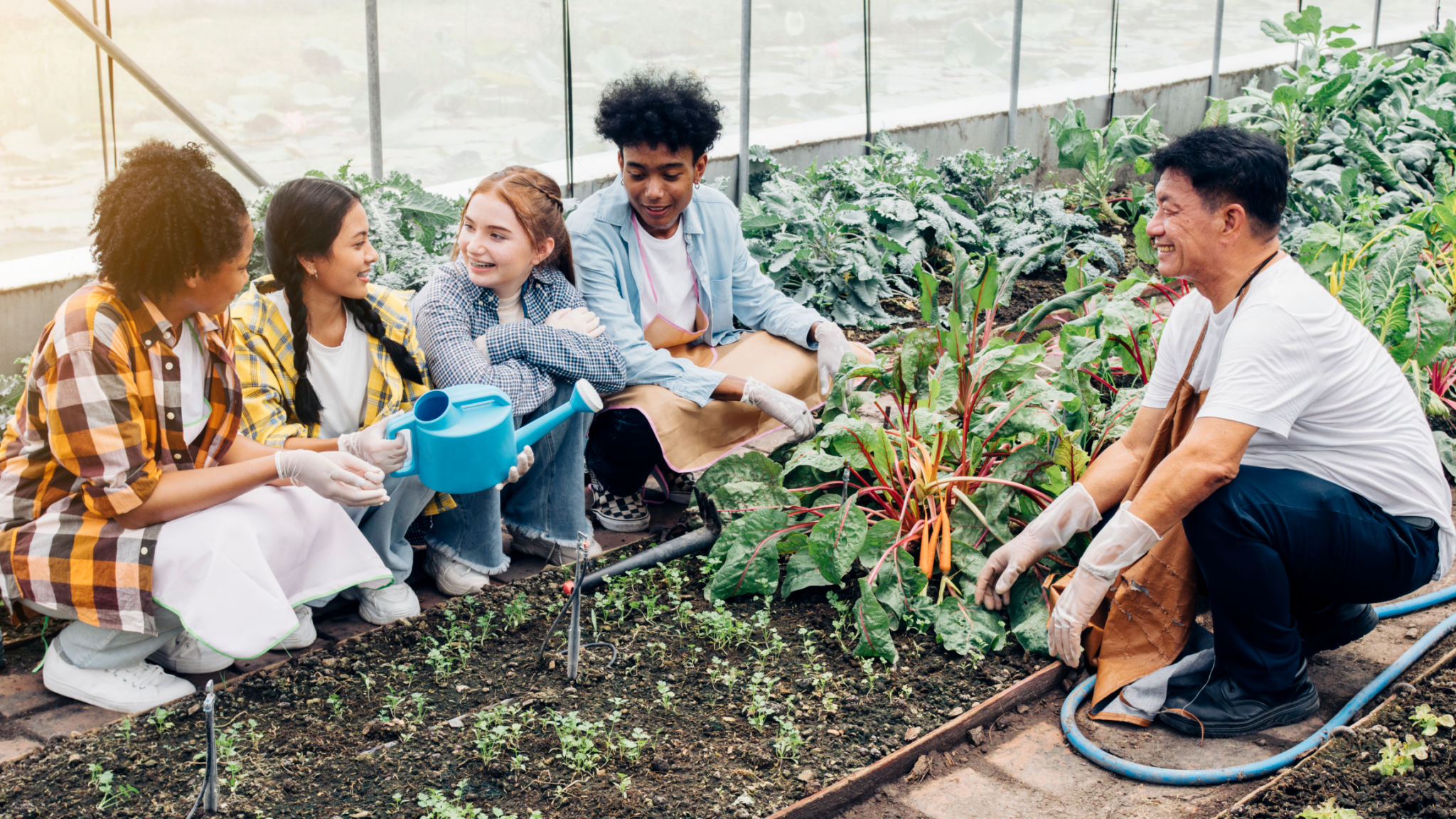Top Tips for Starting a Successful School Garden in Chatham County
Planning Your School Garden
Starting a school garden in Chatham County is a fantastic way to engage students with nature and teach them about sustainable practices. Before you begin, it’s important to plan carefully. Consider the size of the garden, the types of plants you want to grow, and the available resources. Collaborate with teachers, parents, and students to create a shared vision for the garden.
Location is key. Choose a spot that receives adequate sunlight and has access to water. Soil quality is also crucial, so consider conducting a soil test to determine its composition and necessary amendments. Planning ahead will set your school garden up for success.

Engaging the Community
Building a successful school garden requires community involvement. Reach out to local gardening clubs, businesses, and volunteer organizations for support. They can provide expertise, resources, and even funding. Hosting community events or workshops can also help raise awareness and gather additional support.
Encourage students to take ownership of the garden by involving them in every step of the process. Assigning specific roles or tasks can help teach responsibility and teamwork. The more engaged the community is, the more vibrant and successful your school garden will be.

Choosing the Right Plants
Selecting the right plants is crucial for a thriving school garden. Consider the local climate and growing conditions in Chatham County when making your choices. Native plants are often easier to maintain and beneficial for local wildlife. Vegetables like tomatoes, peppers, and lettuce are excellent options for educational purposes and can be harvested during the school year.
Involve students in the plant selection process to enhance their learning experience. Discuss the benefits of various plants and how they contribute to the ecosystem. This hands-on approach will foster a deeper connection between students and their environment.

Maintaining Your Garden
Regular maintenance is essential to keep your school garden flourishing. Establish a schedule for watering, weeding, and other necessary tasks. Encourage students to participate in maintaining the garden as part of their curriculum or extracurricular activities. This not only teaches responsibility but also allows them to witness the fruits of their labor.
Consider setting up a composting system to manage waste and improve soil quality. Composting is an excellent way to teach students about recycling organic materials and sustainability.
Integrating the Garden into Curriculum
A school garden offers endless educational opportunities across various subjects. Teachers can incorporate gardening into science lessons by exploring plant biology, ecology, and environmental science. Math skills can be reinforced through measuring plant growth or calculating areas for planting.
Art classes can draw inspiration from nature, while language arts can involve journaling about gardening experiences. By integrating the garden into the curriculum, you create a dynamic learning environment that extends beyond traditional classroom walls.

Celebrating Success
Finally, celebrating milestones in your school garden journey is important for maintaining enthusiasm and motivation. Organize harvest festivals or garden parties where students can showcase their efforts to parents and the community. These events are an excellent way to celebrate achievements and encourage continued involvement.
Recognizing individual contributions through awards or certificates can also boost morale and inspire others to participate. Celebrations create lasting memories and reinforce the value of community effort.